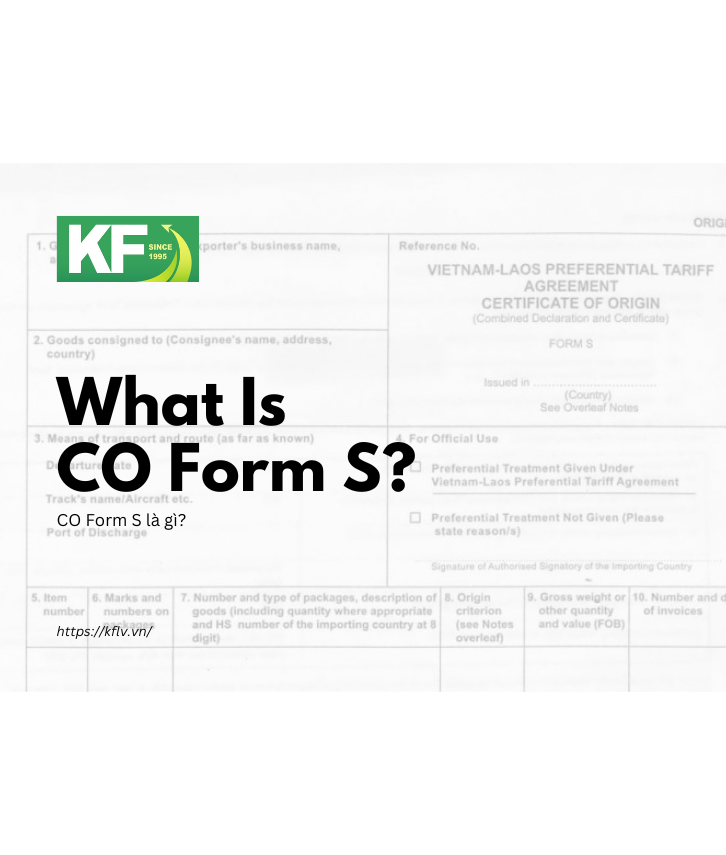Polyester Fiber Import Services 2024
According to Mordor Intelligence, the polyester staple fiber (PSF) market is growing due to increasing demand from the textile and home furnishing industries. PSF is mainly used in apparel production and interior fillings, such as cushions and sofas, offering a cheaper alternative to cotton.
The use of recycled polyester fiber also creates growth opportunities, driven by the green consumption trend. However, strict legal regulations are limiting market expansion. The Asia-Pacific region, particularly China and India, continues to lead in PSF consumption.
HS Codes and Import Duties for Polyester Fiber
To ensure compliance with legal regulations and import duties, businesses must accurately identify the HS code for their polyester fiber products. HS codes not only help companies check the current legal policies but also aid in determining the tax obligations for imported goods.
HS codes for polyester fiber and related products
- Polyester fiber HS code: 54023300
- Polypropylene fiber HS code: 54023400
For other types of fibers, here are some typical HS codes:
- 5031: Raw or processed flax, not spun into yarn.
- 5320: Raw or waste hemp.
- 5305: Coir, abaca, and other plant-based textile fibers.
- 5306 – 5311: HS codes for linen, jute, and woven fabrics from plant-based fibers.
Import Tax Rates for Polyester Fiber
When importing polyester fiber, businesses must fulfill the following tax obligations:
- Value-added tax (VAT): 10%
- Import tax: 3% – 12%, depending on the origin and trade agreements Vietnam is part of.
Understanding HS codes and tax rates will help businesses optimize their import processes and fully comply with legal regulations.
Polyester Fiber Import Procedures
Importing polyester fiber requires companies to prepare the necessary documentation and follow import procedures. Below is the required import documentation to ensure the smooth customs clearance of polyester fiber:
- Import customs declaration
- Bill of lading
- Commercial invoice
- Sales contract
- Packing list
- Certificate of origin (C/O)
- Other documents as requested by customs authorities
Polyester Fiber Import Process
The import process for polyester fiber is similar to that of other common goods, including the following steps:
Step 1: Customs Declaration Submission
Businesses use customs software to input relevant information about the shipment, including contracts, commercial invoices, bills of lading, packing lists, certificates of origin, HS codes, etc.
Step 2: Customs Declaration Opening
After the declaration, the customs system will assign a clearance channel (red, yellow, green). Companies proceed with the following steps based on the assigned channel to complete the customs declaration.
Step 3: Customs Clearance
If there are no issues after document verification, customs officers will clear the declaration. The company then proceeds to pay taxes to complete the clearance process.
Step 4: Transporting the Shipment to the Warehouse
After customs clearance, businesses complete the necessary procedures to transport the shipment to their warehouse for storage.
Important Notes When Importing Polyester Fiber
Importing polyester fiber requires strict compliance with legal and tax regulations. Here are some key factors businesses should consider to ensure a smooth and compliant import process:
- Fulfill tax obligations to gain clearance approval.
- Used polyester fiber is a prohibited import. If importing, businesses must obtain an import permit following proper procedures.
- Having a valid certificate of origin (C/O) helps reduce import costs.
- Proper labeling of goods is mandatory under Decree No. 43/2017/ND-CP.
- Correctly identifying the HS code ensures accurate tax assessment and prevents penalties.
Need to transport polyester fiber to different countries? At King Freight Logistics Vietnam, we are committed to providing safe and efficient shipping services, helping businesses optimize costs and meet project deadlines. Contact us at hotline: (+84) 938.188.796 for the best consultation and support.
Written bykflv.vn
Other activities


Other news

CO Form S (Certificate of Origin – Form S) is a preferential certificate of origin issued for goods exported from Vietnam to Laos. It enables Vietnamese exporters to enjoy special tariff preferences under the Vietnam–Laos Bilateral Trade Agreement. This article explains what CO Form S is, its purpose, documentation requirements, and application procedure — along […]

